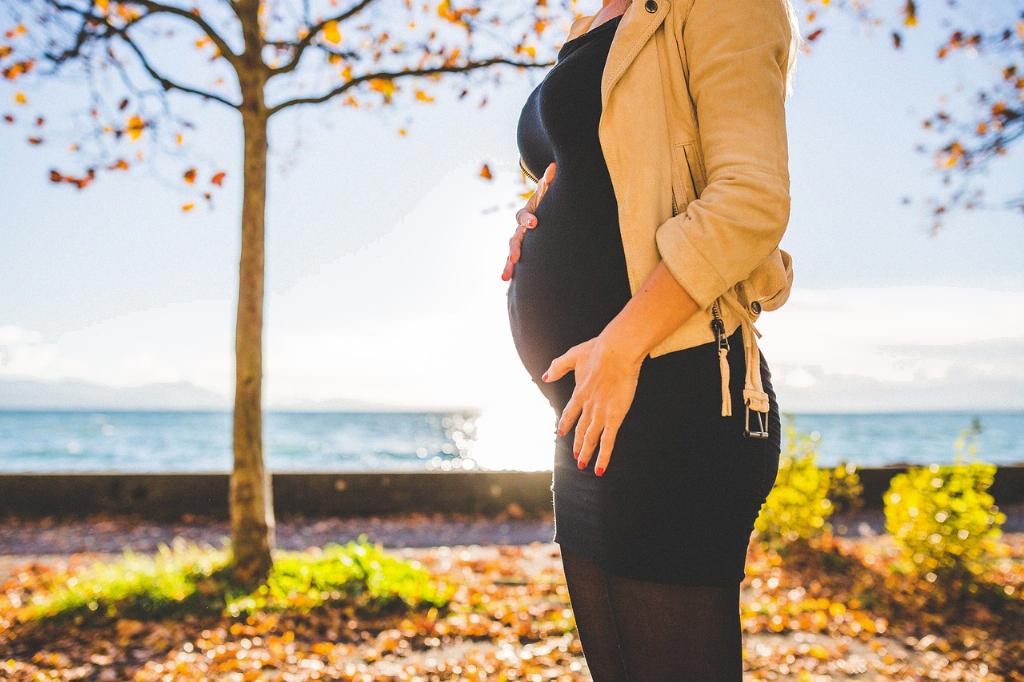Experiencing body aches at 12 weeks pregnant can be a common occurrence for many women. At this stage, your body is undergoing significant changes to accommodate the growing life inside you. It’s essential to understand why these aches happen and how you can manage them effectively.
Shift in Center of Gravity
One of the primary reasons your body may hurt at 12 weeks pregnant is the shift in your center of gravity. As your baby bump grows, your body’s balance changes, putting strain on your muscles and joints as they work to support this new weight distribution.
Organ Movement
Another factor contributing to body aches is the movement of your organs to make room for the expanding uterus. This shifting can cause discomfort, especially in the abdominal area, as your body adapts to accommodate your developing baby.
Increased Hormone Levels
During pregnancy, your body experiences a surge in hormone levels, such as relaxin, which aims to loosen ligaments in preparation for childbirth. While this process is natural, it can lead to joint instability and contribute to overall body soreness.
Muscle Strain
As your body changes, the muscles in your abdomen, back, and pelvis may experience strain from the added weight and pressure. This strain can result in aches and pains, particularly as your body works harder to support your growing belly.
Emotional Stress
Emotional stress can also manifest physically, leading to muscle tension and discomfort. The various changes and uncertainties that come with pregnancy can take a toll on your body, contributing to overall feelings of pain and discomfort.
Postural Changes
With the growth of your baby bump, your posture may adapt to accommodate the added weight at the front of your body. This change in posture can strain different muscle groups, leading to aches and pains in your back, hips, and pelvis.
Increased Blood Volume
As your body produces more blood to support both you and your developing baby, your circulatory system works harder, leading to increased pressure on your blood vessels. This added strain can contribute to feelings of heaviness and discomfort in various parts of your body.
Physical Activity
Physical activity, while essential for a healthy pregnancy, can also lead to muscle fatigue and soreness, especially if you’re not accustomed to regular exercise. Engaging in gentle prenatal exercises can help strengthen your muscles and alleviate some of the discomfort you may be experiencing.
Inadequate Rest
Rest is crucial during pregnancy, as your body is undergoing significant changes and requires adequate time to recover. Lack of proper rest can result in muscle fatigue and increased discomfort, making it essential to prioritize sleep and relaxation.
Diet and Hydration
Ensuring you maintain a balanced diet and stay hydrated is crucial for overall well-being during pregnancy. Nutrient deficiencies or dehydration can exacerbate body aches and pains, highlighting the importance of nourishing your body and staying hydrated throughout the day.
Seeking Support
If you’re experiencing persistent or severe body aches at 12 weeks pregnant, it’s essential to seek support from your healthcare provider. They can offer personalized advice and guidance to help manage your symptoms effectively and ensure a healthy pregnancy journey.
Conclusion
Body aches at 12 weeks pregnant are a common experience for many women, stemming from the natural changes and adaptations your body undergoes to support the growing life inside you. By understanding the various factors contributing to these aches and pains and taking proactive steps to manage them, you can navigate this phase with greater ease and comfort, ultimately ensuring a healthy and positive pregnancy experience.

